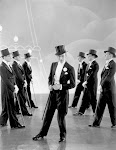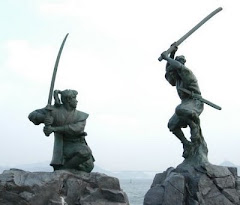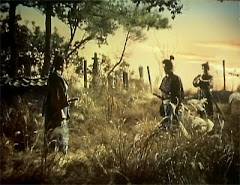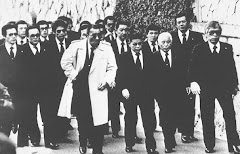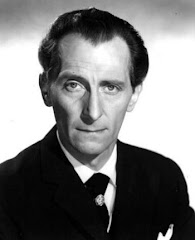
During a recent trip to Japan, Lady T____ and I toured Kanazawa, a town of about 450,000 in
Ishikawa Prefecture, a peninsula jetting out into the Sea of Japan.

We took the bullet train (aka shinkansen) from Omiya to
Echigo-Yuzawa, a little over halfway across Honshu, well in the mountains and not too terribly far from Nagano, as the crow flies. That took only about 30 minutes. Be forewarned, if you ever take the shinkansen from Omiya and window gazing is at all important to you, be sure to get your seat on the upper level, as cement barriers along the tracks block most of the view for those on the lower level. On the way back, we were on the upper level and enjoyed an impressive

nighttime view as the shinkansen sped along past the miniature buildings of the Kanto plain. The view from the traditional JR line during that two and half hour leg of the trip was more noteworthy, especially in the mountains. Though there were plenty of industrial scenes for each town, there were also plenty of picturesque views of country living - rice paddies and farm houses, country roads, etc., as the photos show. At some point, we reached the coast and followed it down for about an hour. The view became somewhat monotonous, ocean on one side, verdant mountain inclines on the other. For much of way I noticed a shinkansen line under construction, apparently connecting Echigo-Yuzawa. It seemed about halfway complete.

The historic areas of Kanazawa were in one part of the town and to get there, the train traversed some significant urban sprawl, though nothing compared to that of Tokyo or Osaka, before reaching the artistically conscious Hokutetsu-Kanazawa Station conveniently located at one end of the Kenrokuen Shuttle Bus loop, the tourist part of the city snuggled up the mountains. The buses on the Kenrokuen Loop can take you to pretty much all the sites within minutes. The name, Kenrokuen, refers to the most prominent point on the loop, a large garden considered to be one of the top three in all of Japan.

Kanazawa is notable because it is the second largest city in Japan (behind Kyoto) that was not bombed by us during the war, which means that it has several prewar historic sites intact. First and foremost, in my mind, was Nagamachi, an old neighborhood for the samurai class that offered several varying historic sites including a museum dedicated to the ruling Maeda family, a

restored home of the upper-class samurai family, Nomura, and some reconstructed homes of the ashigaru, the foot soldier class. It was an interesting district. The highlight being the home of the Nomura clan, which had an ideal garden (shown) for a back yard. The tea room on the second floor opened up to the same garden from atop the trees. It was an ideal place to relax. Although the weather on the day of our visit was rainy and muggy, the small tea room invited a pleasent breeze that made it cool and refreshing.

The
Maeda Tosanokami-ke Shiryokan Museum, dedicated to the ruling
Maeda family, offered some scrolls and record books going make to the late 1700 and early 1800s, but was scarce on artifacts and offered little in the way of English translations. The latter seemed odd to me, as I'd heard this area was popular among the gaijin living in Tokyo. I did notice that the the museum was currently working to remedy that. They provided me with a headset for translations, though only a portion of the tour was translated. The most enlightening portion of the Maeda museum was the video explain how the historic town was zoned by class. Also, there was an impressive suit of armor on display.


The tea-house district makes for an enjoyable stroll, though we did not have the necessary time to explore the interior of several of its homes and shops. We did, however, enjoy some green tea ice cream served up with some mochi balls and sweet bean.
 Kenrokuen Garden
Kenrokuen Garden sits on some high ground, the summit of Yamazaki yama overlooking a swath of the city neighborhoods. The garden dates back to the

17th century and went through a variety of manifestations before it was opened to the public in 1874. If you enjoy waterfalls, groomed trees, coy ponds and a variety of flora and fauna, then this place is not to be missed. The descriptions in brochures almost always mention that Kenrokuen Garden is one of the top three gardens in Japan - which is pretty high praise indeed.

Across the street from the garden is the
Kanazawa Castle. Unfortunately, time restraints prevented us from exploring it, though we managed to observe it from the outside. The history of the castle is a series of fires and rebuilding. In 2001, much of the castle was rebuilt to its early 19th century manifestation.
I would not be fulfilling my blog duties if I failed to mention the
Omicho fish market. Most of our meals were eaten there. It was a little more bustling than

the
Nijo Fish Market in Sapporo (Nijo offered great crabs and plenty of good sashimi - perhaps I was just there off-season), and a little less bustling than the incomparable
Makishi Market in Naha, Okinawa. Still, it was a splendid place to view fish and fruits. The sushi was most excellent.
Had time permitted, there were many other things to do in Kanazawa, including a
contemporary art museum,
Ninjadera, and the
Oyama Shrine...not to mention the sites along the Ishikawa peninsula coast.
The next portion of our trip brought us to the small hot springs town of Kaga, but that's a post to itself.








































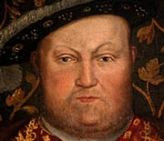
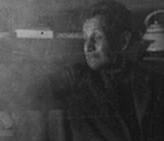




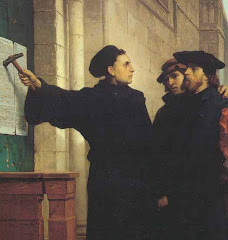
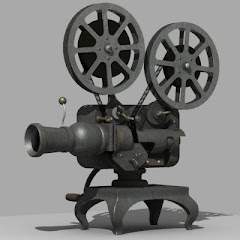
.jpg)
